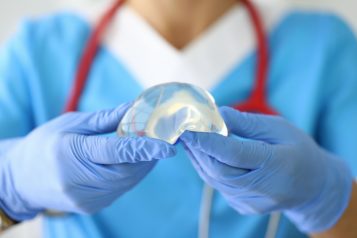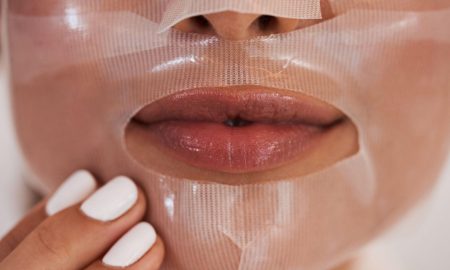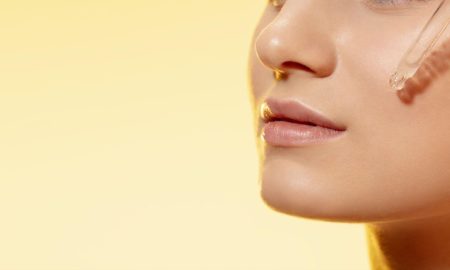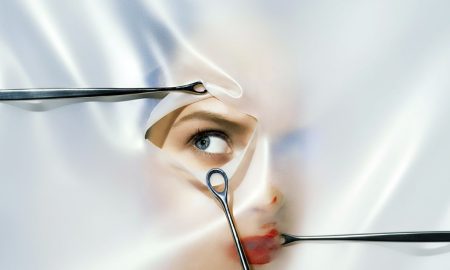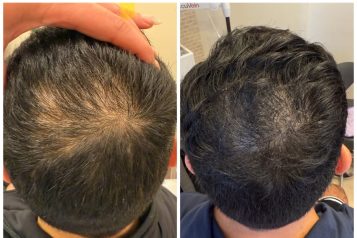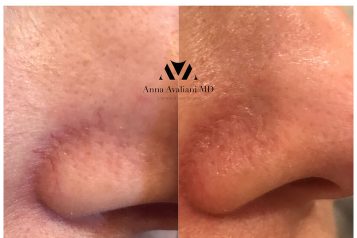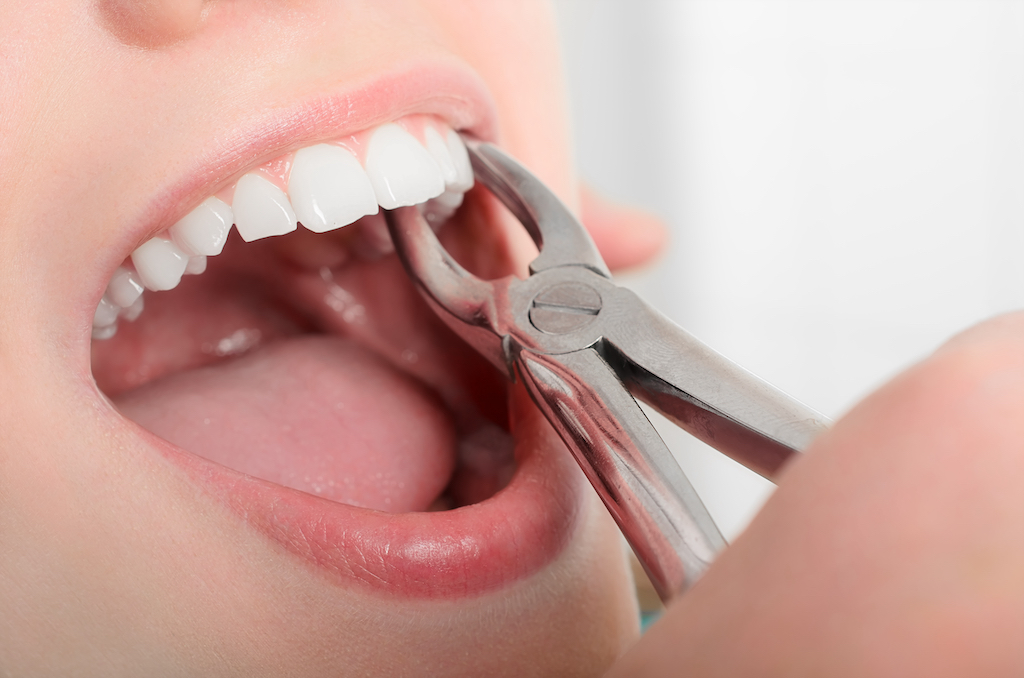 Photo Credit: Shutterstock
Photo Credit: Shutterstock
Today, we’re going to talk about the one thing that no one wants to talk about – tooth extractions. While it is true that tooth extractions may not always be the most fun experience, there are certain situations where they may be necessary for the health and well-being of your teeth and mouth.
But first, what’s the purpose behind it? To prevent further damage to the mouth and surrounding teeth, alleviate pain and discomfort, and maintain optimal oral health. Here Haute Beauty expert Dr. Mimi Yeung of M.Y. Dental Spa shares the common reasons why a tooth may need to be extracted.
- Severe tooth decay: When tooth decay becomes too severe, it can cause significant damage to the tooth structure, making it impossible to save the tooth with a crown or filling.
- Advanced gum disease: This can cause the bone surrounding a tooth to weaken, making it lose and unstable. First, Dr. Yeung will try to save it with regular dental treatment but if this does not help, a tooth extraction will have to take place.
- Impacted wisdom teeth: Oftentimes, wisdom teeth don’t have enough room to fully emerge from the gums. In fact, this is a very common reason for a tooth extraction – preventing pain, infection, and damage to surrounding teeth.
- Overcrowding: There are times when your teeth will be crowding in the mouth, which can cause discomfort, pain, and difficulty brushing and flossing. If orthodontic treatment such as braces can’t correct the issue, extraction may be needed to create more space in the mouth.
- Trauma: Any tooth that was damaged by trauma, such as a sports injury, may need to be extracted if Dr. Yeung can’t save it with restorative treatment.
If you are experiencing any of these issues, it is important to consult with a dentist like Dr. Yeung of M.Y. Dental Spa as soon as possible. Delaying treatment can lead to further damage and may result in the need for a tooth extraction. So don't wait until it's too late to save your teeth. Remember, early intervention is key to maintaining a healthy smile!
For more information, visit Dr. Mimi Yeung's social media:








